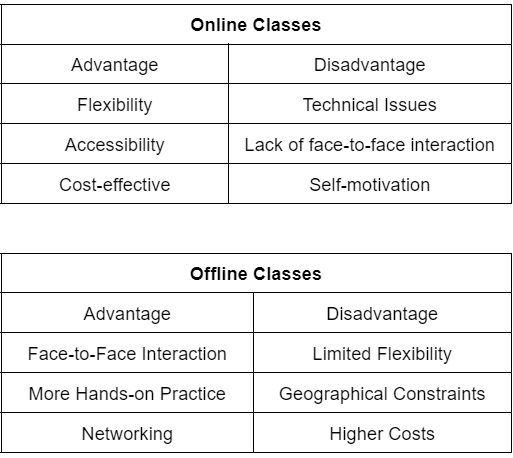Over the years of teaching Salesforce, I have observed two primary types of trainees, at a high level, irrespective of their specific professional roles or designations.
The first type of trainee tends to learn the concept, configuration, and order of operations in Salesforce and follows along in the class nearly mastering the entire content. Such trainees tend to think more like Salesforce admins and are most probably in a functional or managerial role or planning to take up one such role.
So, if you prefer to learn a pre-defined set of topics and gauge your confidence, have some questions and can spare a few hours only from your schedule over spending an entire day in training, an online class may be more suitable where interactions can be relatively limited but the comfort of attending an online class from anywhere is a big hit!
The second type of trainee prefers to not only learn but side-by-side discuss the customizations or other possibilities inside and outside of the standard functionality. They can dedicate 8 hours a day to training, learning and relearning until they feel confident about expanding the existing functionality. These trainees think more about custom solutions and may typically be performing the role of a developer or architect.
For such trainees, interacting in a group, getting their questions answered and/or getting pointers before moving ahead, an offline class may be the right solution.
All in all, considering the learner's professional profile and the learning pedagogy that suits their learning requirements will determine whether they are able to achieve the objectives and outcomes of training.
More than that, budget is one big factor that drives enrollment in an offline class versus an online class which, commonly, is economically priced.
Here’s a table with a quick summary:-



No comments yet, come on and post~